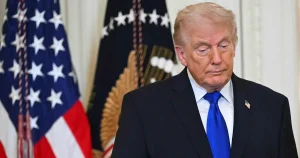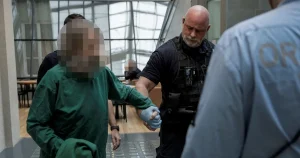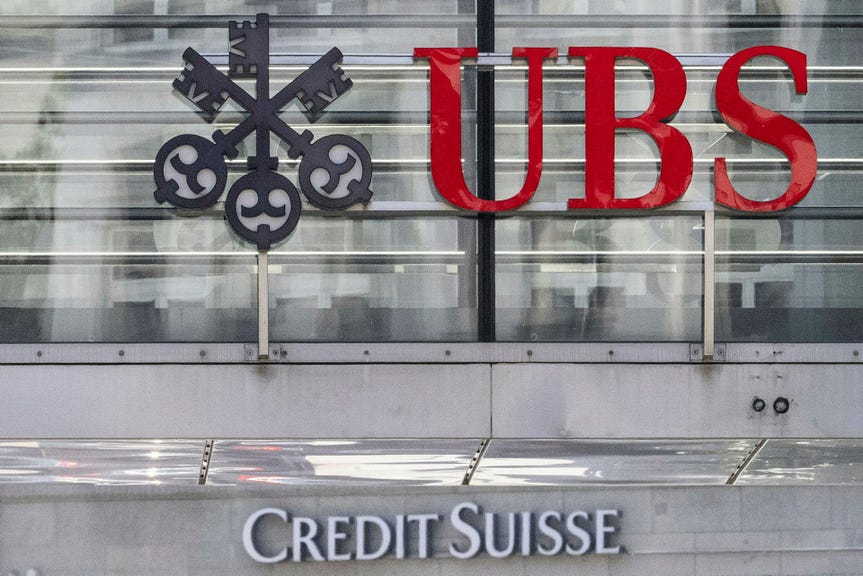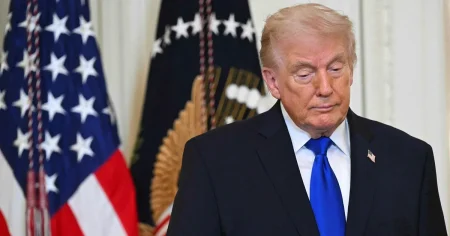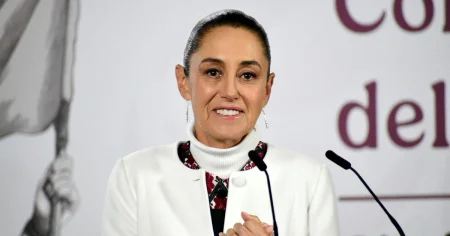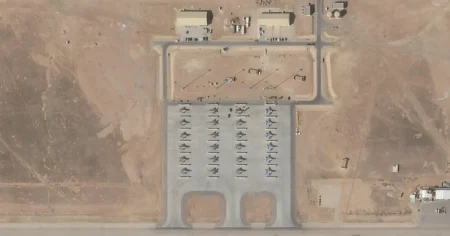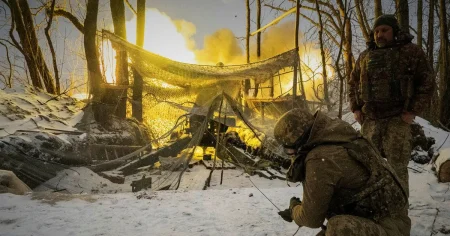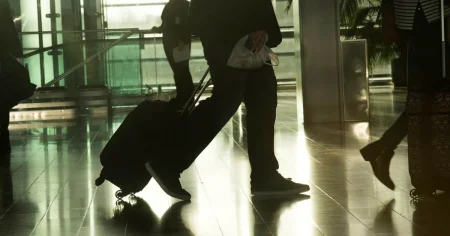The 1990s witnessed a significant reckoning for Swiss banks, including Credit Suisse and UBS, as they were compelled to pay billions to Holocaust survivors and their families. Two independent investigations at the time revealed a disturbing pattern of willful blindness concerning Nazi-linked accounts. These investigations uncovered instances where the banks not only ignored the dubious origins of funds but actively facilitated the plundering of Jewish assets by their clientele. However, the story doesn’t end there. A new investigation has unearthed a trove of previously unknown accounts at Credit Suisse, casting further shadows on the bank’s wartime dealings.
This renewed investigation, spearheaded by former US prosecutor Neil Barofsky, delves deeper into Credit Suisse’s murky past. Combing through extensive archives, the team has already identified 13 known Nazi figures among the bank’s former clients. The investigation also highlights the bank’s apparent complicity in transactions involving confiscated Jewish property and profits derived from forced labor in concentration camps. One example involves an account controlled by SS officers and a Swiss intermediary, used by a company that profited from the exploitation of Jewish assets and forced labor. This revelation is particularly damning as Credit Suisse had previously denied any evidence of a business relationship with the said company.
The scope of Barofsky’s investigation extends beyond archival research. His team has conducted interviews with former Credit Suisse employees, some of whom were involved in the 1990s investigations. These interviews, combined with the examination of internal memos, point to a concerted effort by the bank to obfuscate its wartime activities. The evidence suggests that Credit Suisse selectively disclosed information, providing only what was specifically requested while withholding potentially incriminating documents. Furthermore, internal communications reveal that the bank’s then-leadership considered the draft of one of the 1990s final reports to be “quite sanitized,” hinting at an attempt to downplay the gravity of its complicity.
This latest investigation has not been without its challenges. Commissioned by Credit Suisse in 2021, Barofsky’s initial efforts were abruptly halted when the bank terminated his contract, claiming he had overstepped the boundaries of the inquiry. This action triggered the intervention of the US Senate, notably due to its responsibility for the US Special Envoy for Holocaust Issues, a position dedicated to ensuring compensation for Holocaust survivors. The takeover of Credit Suisse by UBS in 2023 marked a turning point, with the investigation resuming under Barofsky’s leadership, backed by a team of 50 investigators and granted unrestricted access to the bank’s archives.
The findings of the ongoing investigation have sparked outrage, particularly from US Senator Chuck Grassley, who has accused Credit Suisse of a long-standing pattern of concealment. Grassley’s criticism underscores the gravity of the allegations, pointing not only to the bank’s alleged efforts to obscure its Nazi-linked past but also to its attempts to mislead congressional inquiries. This renewed scrutiny places Credit Suisse’s historical conduct under intense public and political pressure, demanding accountability for its actions during a dark chapter in history.
The final report, due in 2026, promises to provide a comprehensive account of Credit Suisse’s wartime activities. The investigation’s findings hold significant implications not just for the bank itself but also for the broader narrative of Swiss neutrality during World War II. The unfolding revelations underscore the importance of ongoing historical investigation in uncovering uncomfortable truths and ensuring a full accounting of the past. The investigation stands as a testament to the persistent efforts of survivors, advocates, and researchers to bring to light the complex and often obscured history of financial institutions and their roles during times of conflict. The world awaits the 2026 report with bated breath, anticipating a potentially damning indictment of a financial institution entangled in the dark history of the Holocaust.


